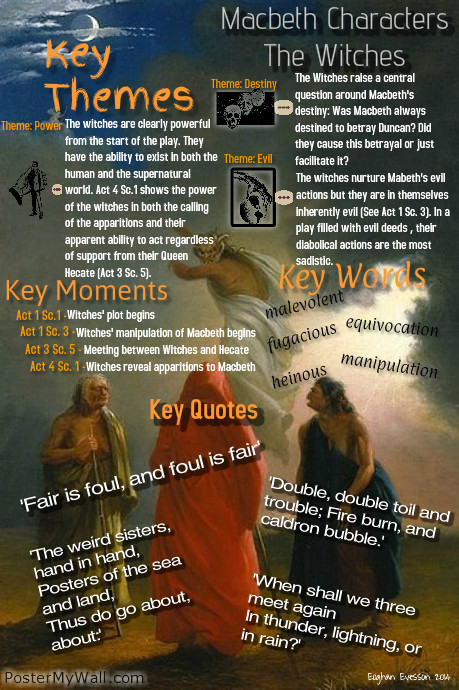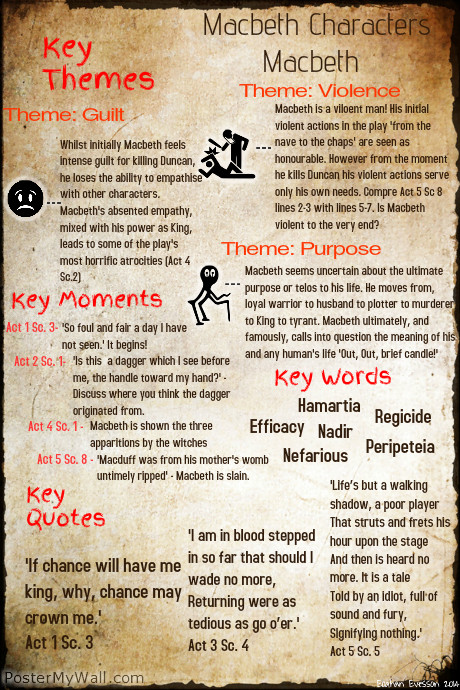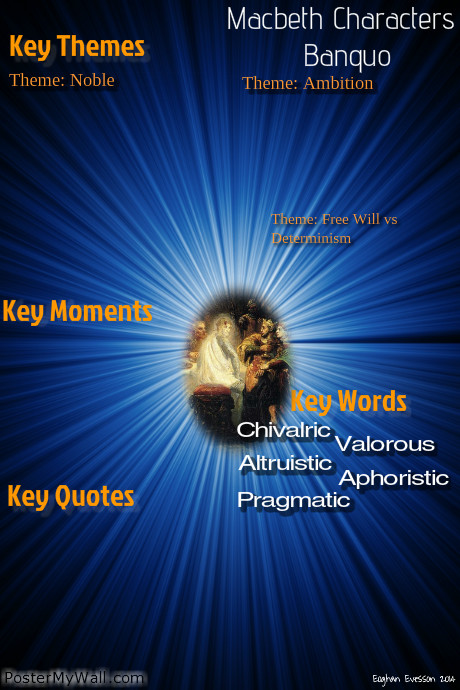Hey Guys!
It’s finally here. The festive season we have all been waiting for…CHRISTMAS!! The anticipation of presents is beginning to build up, the sweet smell of mince pies mingled with the taste of warm hot chocolate. We hope you have your new years resolutions in order… specifically to join College Press *hint, hint*
Special Christmas shout out to John Carpenter for finally getting a move on with his article (flick to pg… to get the deets). We loved it John! Still waiting on yours Alan…
We hope everyone has a Merry Christmas and a Happy New Year!
Amy, Cara and Laura :)
Blogging from the Newbridge College English Department - 'If you will it, it is no dream'
Friday, 19 December 2014
Wednesday, 17 December 2014
Classic Novels - Branding
Ms. R Kelly’s TY students have been analysing Advertising this month. TY’s analysed the PBS documentary, The Merchants of Cool.
Students were challenged to re-brand a well-known product in an effort to make it ‘cool’ for teens. They had to come up with a new way to market a dull product and make it attractive to a teen audience. Fionn, Sadhbh, Emma, Sam and Roisin took on the challenge of Classic novels. Here are their findings and results.
Labels:
Pupil,
TY English
Monday, 15 December 2014
Lord of the Flies: Voki News
A collection of Voki News reports completed by a group of Second Years from Newbridge College. The pupils were asked to write a brief News Report based on the events from the first four chapters of Lord of the Flies by William Golding. The entire class did a great job and posted below you will find just a selection of their work.
Friday, 12 December 2014
Ms Carey's Class - Group Essay
My lovely 2E English class have just finished reading &
studying John Steinbeck’s “Of Mice & Men”. We had discussed on many
occasions the theme of loneliness in the novel & how all characters are
affected. I divided the class up into groups where they had to plan a paragraph
for homework on a particular character or aspect of the novel and how
loneliness is depicted.
Each group had to perfect their paragraph, selecting the best
points each group member had come up with. Finally they put forward their best combined
effort. These paragraphs were presented to the class and together they are a
thorough account of this important theme. Hopefully this piece of work will be
a helpful tool for revision before the Christmas exams and beyond.
Miss Carey
Labels:
J.C. Work,
Of Mice and Men,
Pupil
Wednesday, 5 November 2014
Lord of the Flies: Fakebook
Today I started a Fakebook account, based on The Lord of the Flies, from the fantastic Classtools.Net with my Second Year English class. We are hoping to learn more about the novel and particularly the characters by posting from their different perspectives throughout the novel.We're also hoping to use the Fakebook account as a way of storing creative writing, homework and oral language tasks throughout the novel. Feel free to pop back every now and then and see how the class are getting along.
 |
| Click here to go to the island.... |
Friday, 24 October 2014
College Press: Halloween Edition
Welcome back everyone!
Countdown to Summer Holidays begins now...only 239 days to go! (sorry exam years…)
Firstly we’d like to say farewell to our former editor Eveanna Sutton! We wish her all the best and will miss the optimism she brings to College Press. But thankfully we know our new editor Laura Hannon will match Eveanna’s positivity and UMPF!
JOHN CARPO AND ALAN KELLY WHERE ARE YOUR ARTICLES?!?!
We wish you all the best with the year ahead,
Till next time;
Xoxo...
Amy, Cara and Laura
Labels:
College Press,
Pupil
Wednesday, 22 October 2014
Sunday, 7 September 2014
Iteration in Education
'Things as certain as death and taxes, can be more firmly believed.'
D.Defoe - The Political History of the Devil
It's typically a shock to the system for parents, teachers and pupils but almost as certain as death and taxes, the new school year always rolls around. As the new school year begins people typically strive to 'get back in the routine'. It's understandable and of course part of human nature to seek familiarity. Indeed familiarity can be great. It's great to go back to school and pick up where you left off with great working relationships with both pupils and colleagues.
The danger with the safety blanket of familiarity is that it can start to smother. Using the same plan, making the same comments, teaching the same way, is not advisable. I believe as teachers we are always having to strike a balance between what we have previously used to get results with our pupils and finding new ways to engage our pupils and improve their learning experience. Just like the computer that continually needs new software, teachers need to try new things every year. We need to iterate. When I started teaching I was Eoghan Evesson Version 1.0. If I count every year that I made a concerted effort to improve how I teach as a new version, I think I'm now Eoghan Evesson Version 5.0.
Over the summer I was busy stock piling my software update for this year. Between exam corrections and building sand castles with the kids in Ballycotton, I was retweeting the best educational advice and links that I could find on Twitter. In the the ThingLink picture below I have added just six of the links and tips that I found over the summer that I hope to use in this academic year. The picture itself in the background is from another site I hope to use this year, EDpuzzle. Trying new things in the classroom can be a risk but just like death and taxes, the school year 2015/16 will inevitably arrive and I don't want to be the same version of a teacher when it does.
(Click the black circles)

D.Defoe - The Political History of the Devil
It's typically a shock to the system for parents, teachers and pupils but almost as certain as death and taxes, the new school year always rolls around. As the new school year begins people typically strive to 'get back in the routine'. It's understandable and of course part of human nature to seek familiarity. Indeed familiarity can be great. It's great to go back to school and pick up where you left off with great working relationships with both pupils and colleagues.
The danger with the safety blanket of familiarity is that it can start to smother. Using the same plan, making the same comments, teaching the same way, is not advisable. I believe as teachers we are always having to strike a balance between what we have previously used to get results with our pupils and finding new ways to engage our pupils and improve their learning experience. Just like the computer that continually needs new software, teachers need to try new things every year. We need to iterate. When I started teaching I was Eoghan Evesson Version 1.0. If I count every year that I made a concerted effort to improve how I teach as a new version, I think I'm now Eoghan Evesson Version 5.0.
 |
| What version are you? |
(Click the black circles)

Monday, 26 May 2014
College Press: Summer Edition
It seems hard to believe but the end of the school year is upon us again. As ever, the College Press is here to give their own unique summary and celebration of the year gone by. Thanks to Mr Doyle and his team for their continued hard work on a College publication that continually looks to develop and bring us the scoop on the best and brightest goings on around the College. We'd also like to wish all our pupils the best of luck with upcoming exams and safe adventures over the summer months.
Labels:
College Press,
Pupil
Friday, 16 May 2014
5th Year Video Inspired by John Montague
Mr Doyle's 5th year English Class recently studied three poems by the Irish/American poet John Montague. During this study the class were inspired by a student made video of 'The Cage' from YouTube and decided to make their own. This video is their interpretation of John Montague’s 'Like Dolmens Round my Childhood...'. It was made using a Microsoft Surface tablet and Windows Movie Maker.
Tuesday, 6 May 2014
Macbeth Characters - PosterMyWall Revision
With the Leaving Cert English exam now in touching distance, hopefully many pupils are making their final preparations for the exam.Macbeth was the Shakespearean choice for Single text at Higher Level and it promises to be as popular a choice as ever with pupils this year. With that in mind, over the coming week I will be posting a series of revision posters on Macbeth's central characters. Each poster will be covering the key quotes, moments and themes related to that character. I have no doubt that you studied Macbeth in a very in-depth manner with your teacher but it is, sadly, simply impossible to show everything you know about the play on the day. Just because you remember three quotes from Macduff does not mean they need to be shoe horned into the question. Know your characters. Know their major moments, motivations, themes they represent and major quotes. Then you can stay flexible to whatever question you get asked on the day and really specifically answer what you were asked. NO SUMMARIES! Finally, I would suggest that you have a list of words and phrases you would associate with each character. Having the correct adjective or verb to describe a particular moment is not going to suddenly jump into your head during the exam. Again don't shoe horn the use of these words into your essay. Use these words as needed. Make sure you are comfortable and clear with using these phrases. Practice the use of such phrases in essay work with your teacher.
I hope that these broad outlines of the central characters can help point you in the right revision direction.


Blank Template for class activity - Click here


I hope that these broad outlines of the central characters can help point you in the right revision direction.


Blank Template for class activity - Click here


Labels:
L.C. Revision,
Macbeth
Friday, 11 April 2014
Thursday, 10 April 2014
Author Visit - Natasha Mac a' Bháird
Missing Ellen
The other day, our class had a visit from Natasha Mac a'Bháird, the author of her wonderful new book, "Missing Ellen" in the school library as it was world book day.
Her book is about a strong friendship between two girls, Ellen and Maggie who have been bestfriends for as long as they can remember – sharing clothes, passions and secrets. When Ellen goes missing, Maggie feels completely alone. Maggie needs her bestfriend now more than ever, but where is Ellen? Looking back over the upheaval that led to Ellen’s disappearance, Maggie tries to make sense of her friend’s actions.
Natasha read a few extracts from her book to us during her visit. Although she only read a few pages of the book, I immediately connected with the characters and found them very interesting. The plot of the story is very mysterious and makes you want to keep reading on. It is definitely a book that I would like to read and will enjoy.
During her visit, Natasha also explained to us how she started off writing this book and I was surprised to find out that "Missing Ellen" started off in a number of small hand written notebooks that she also showed us. She then explained to us how the editors changed a number of things in her book including her title which originally was called "Dear Ellen". I really enjoyed looking at all the possible covers for Missing Ellen as each one was completely different to another and it was interesting to see how a cover can attract different readers and make you want to read it or not. The class thought that some of the covers made the book seem like a horror story and I agree and I think that Natasha chose the best cover for her book.
Natasha was very inspirational and it was great to be introduced to a book that I would like reading and I really enjoyed her visit!
Labels:
Events,
Pupil,
Visit,
WorldBookDay,
Writing Skills
Friday, 28 March 2014
Fifth Year Debate: 'The Best Poem by Sylvia Plath we studied...'
Coming to the end of a studied poet always brings the inevitable review of themes, techniques and essay points. In the last year or two I've really tried to help pupils appreciate how imaginative and creative a process writing poetry really is. Completing a poet and simply trying to disseminate their work into a bunch of bullet points, whilst maybe partly necessary for exams, just seems a little vacuous, when juxtaposed with the creative brilliance they have just studied. With that in mind, I set my fifth year class a slightly more engaging way to revise the work of Sylvia Plath:
Step1 ) My pupils sit at group tables so I created an internal debate at each table. Each pupil had to pick a poem by Plath that they felt was 'The best poem I studied by Sylvia Plath'.
Step 2) Each pupil at the table was given half a class to research their poem and create points to support their argument.
Step 3) Each pupil was given part of the second half of class to speak and argue for their poem at their table.
Step 4) The table would then have to decide which poem they were going to put forward into the full class debate.
Step 5) Each table was then given a second class to create a group collection of points in support of their poem.
Step 6) A third and final class was spent recording each speech.
The recording class had so much engagement. There was a real sense of competition and some 'heated discussions' took place 'off camera'. It was great to see pupils show both a knowledge and understanding of their own poem but also by actively listening, and arguing, to other groups they demonstrated a critical appreciation of all the poems we studied by Plath. A collection of the recordings can be found below, which investigate everything from what Caesar and Plath had in common to the quality of Cathal's (a classmate) beard!
Step1 ) My pupils sit at group tables so I created an internal debate at each table. Each pupil had to pick a poem by Plath that they felt was 'The best poem I studied by Sylvia Plath'.
Step 2) Each pupil at the table was given half a class to research their poem and create points to support their argument.
Step 3) Each pupil was given part of the second half of class to speak and argue for their poem at their table.
Step 4) The table would then have to decide which poem they were going to put forward into the full class debate.
Step 5) Each table was then given a second class to create a group collection of points in support of their poem.
Step 6) A third and final class was spent recording each speech.
The recording class had so much engagement. There was a real sense of competition and some 'heated discussions' took place 'off camera'. It was great to see pupils show both a knowledge and understanding of their own poem but also by actively listening, and arguing, to other groups they demonstrated a critical appreciation of all the poems we studied by Plath. A collection of the recordings can be found below, which investigate everything from what Caesar and Plath had in common to the quality of Cathal's (a classmate) beard!
Labels:
Audio,
AudioBoo,
Poetry,
Pupil,
Sylvia Plath
Subscribe to:
Comments (Atom)